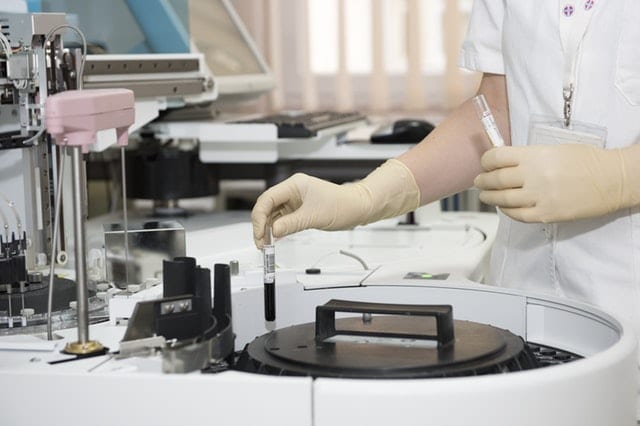
Genetics and Hearing Loss
Scientists have identified around 7,000 diseases that are considered rare – that is, they affect fewer than 200,000 people worldwide – and about 400 can cause hearing loss. Despite the low number of patients affected by any one of these diseases, roughly 30 million Americans have been diagnosed with a rare disease.
Many of these patients are diagnosed at birth or early in life. 2-3 out of every 1,000 babies are born with hearing loss, usually attributed to faulty genes passed on by one or both parents. Newborn hearing screenings enable doctors to identify hearing problems early, improving the child’s long-term prognosis.
Symptoms of rare diseases don’t always appear at birth; sometimes, they don’t show up until several months later. Take Krabbe disease, for example; this neurological disorder causes fever, muscle weakness and vision and hearing loss, but symptoms may take as long as six months to appear. In other cases, hearing loss won’t occur until much later – perhaps in late childhood or early adolescence. Alport syndrome is one such example; this genetic disorder causes progressive kidney disease and, eventually, hearing impairment. Alström syndrome is another genetic condition in which hearing loss appears sometime in childhood and grows progressively worse over time.
The extent of hearing loss varies greatly among individuals with rare diseases; no two cases are exactly the same. Treatment with hearing aids is often effective, but some diseases cause anatomical damage to the ears so severe that cochlear implants or surgery may be required. Turner syndrome is a chromosomal disorder that only affects females; it causes physical growth problems that affect hearing in 80 percent of patients. A disorder called Mondini dysplasia causes structural abnormalities in the inner ear; babies are born with one and a half coils in the cochlea instead of the normal two, a condition that causes profound hearing loss or deafness that can’t be treated with traditional hearing aids.
Hearing Loss and Rare Diseases
According to your Chelmsford audiologist, a few additional rare diseases that contribute to hearing loss include:
- Usher syndrome. This is the most common disorder that affects both hearing and vision; it may also cause severe balance problems. Most children born with Usher syndrome have moderate to profound hearing loss. Progressive degeneration of retinal cells leads to steadily declining vision.
- Waardenburg syndrome. This is a group of six genetic diseases that cause hearing loss in four out of five patients. One of its key characteristics involves eye coloring; people with Waardenburg syndrome often have eyes that are pale blue or differently colored.
- Auditory neuropathy spectrum disorder. This hearing disorder occurs when the inner ear can detect sounds normally but is unable to transmit them to the brain. It can strike at any age and may have no connection to heredity.
- Vogt-Koyanagi-Harada disease. This inflammatory disorder affects many different parts of the body and can cause hearing loss, tinnitus and balance problems. For many patients, hearing loss is mild and easily treatable with hearing aids.
- Cogan’s syndrome. This autoimmune inflammatory disease causes swelling of the eyes and ears that can lead to a loss of hearing and vision and may cause vertigo.
While these disorders can cause some pretty serious symptoms, keep in mind that they are rare. If you would like more information on hearing loss and rare diseases, the National Organization for Rare Disorders’ website contains excellent resources and additional information on a wide variety of conditions.